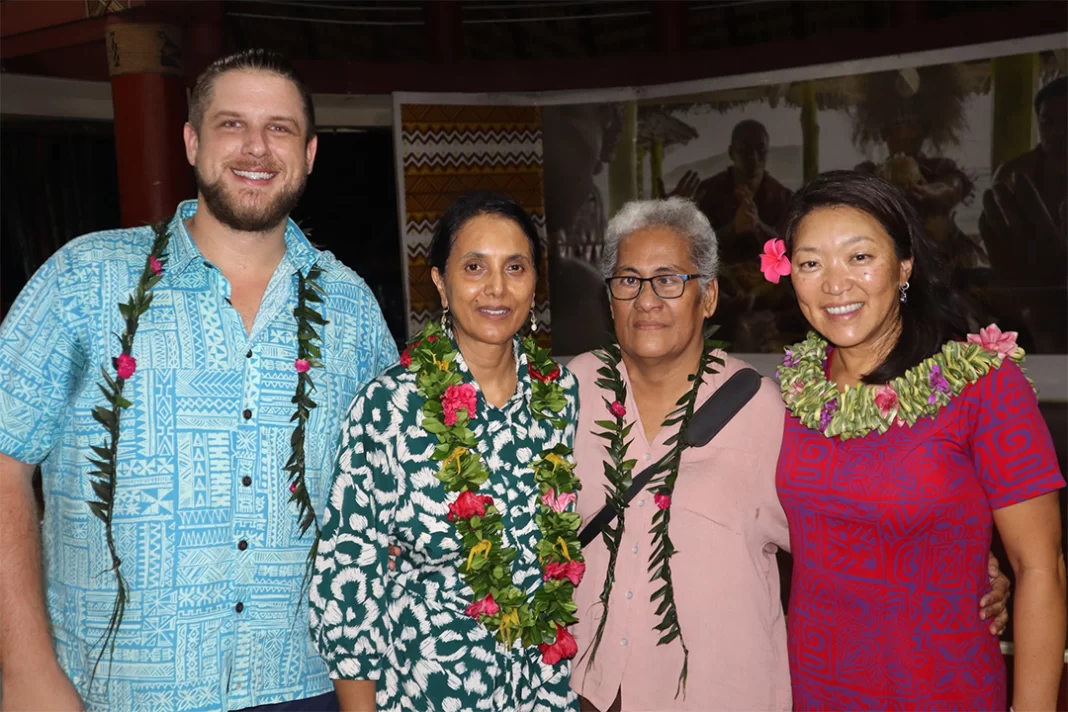The Journalism Association of Samoa, JAWS hosted their celebrations of the World Press Freedom Day on Friday 03 May at the Samoa Tourism Fale.
Prime Minister Fiame Naomi Mataafa was keynote speaker reiterating Government’s value of the fourth estate, the media’s pivotal role in the dissemination of factual information for a better-informed Samoa and enabling informed decision making.
This year’s World Press Freedom Day was celebrated under the theme “Press for the Planet: Journalism in the face of Environmental Crisis”.
The theme is dedicated to the importance of journalism and freedom of expression in the context of the current global environmental crisis.
“Through the media and their work, people come to understand the plight of our planet and are mobilized and empowered to take action for change,” said Prime Minister Fiame.
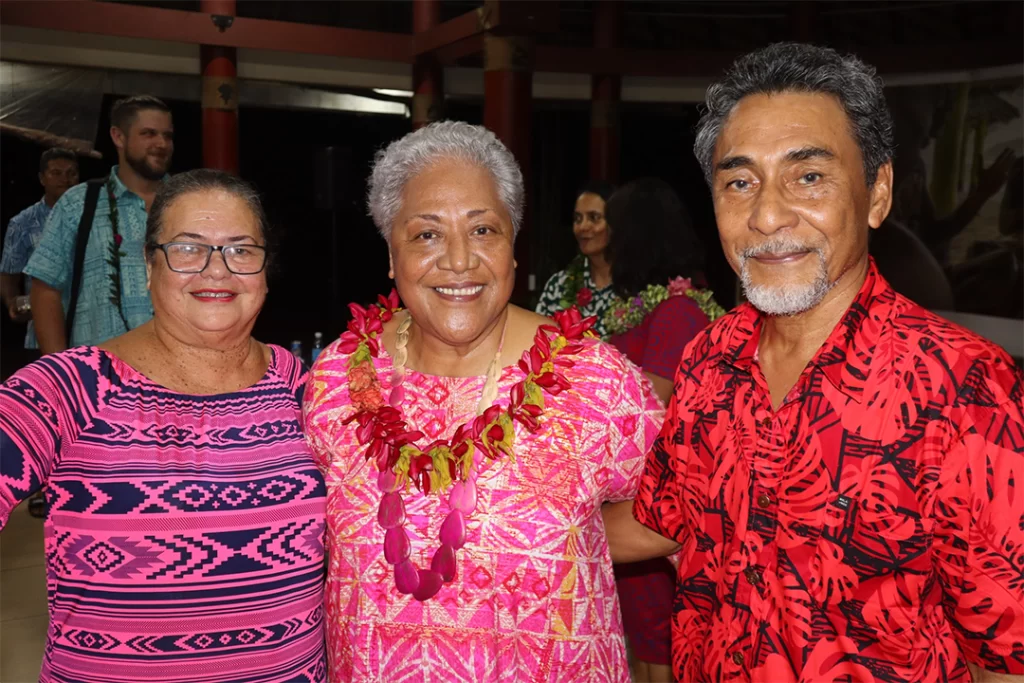
“The media’s role extends beyond reporting; it shapes public discourse and influences action. As we face the current climate emergency, responsible journalism can be a powerful force for good.”
She acknowledged the ‘contribution by media practitioners for a job well done’.
“We applaud your services but by the same token we also urge all of you here and abroad not to be complacent in performing your duties as articulated in the Media Code of Ethics and Code of Practice,” she stressed.
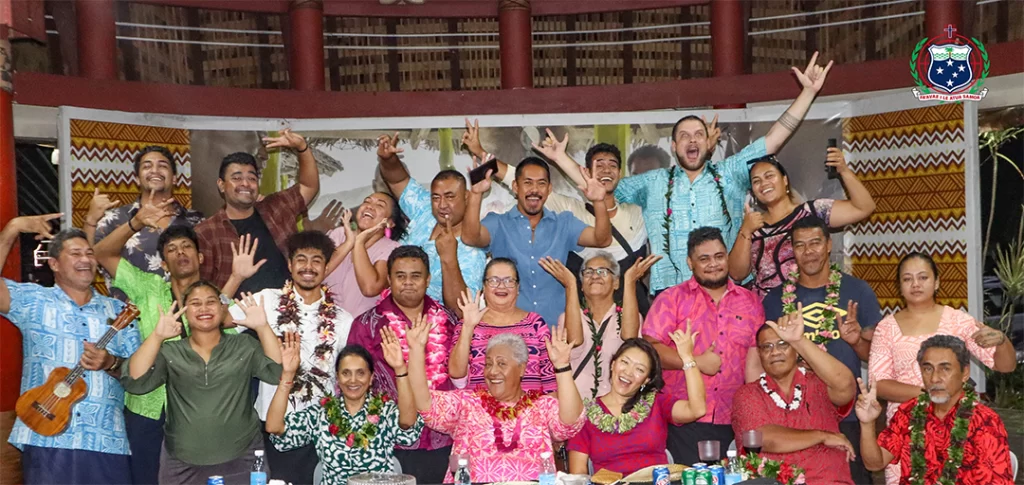
And noting it was essential that the ‘principals and ethics of a free and impartial independent media is not compromised for financial and personal gains’.
According to the Prime Minister, press freedom is at the crossroads with the entrance of the universal social on-line media associated with the disruptive power of artificial intelligence.
“The implications for the reliability of information, and the sustainability of the mainstream media are likely to be profound in a year that is focused on critical post COVID-19 Recovery for the entire globe.”
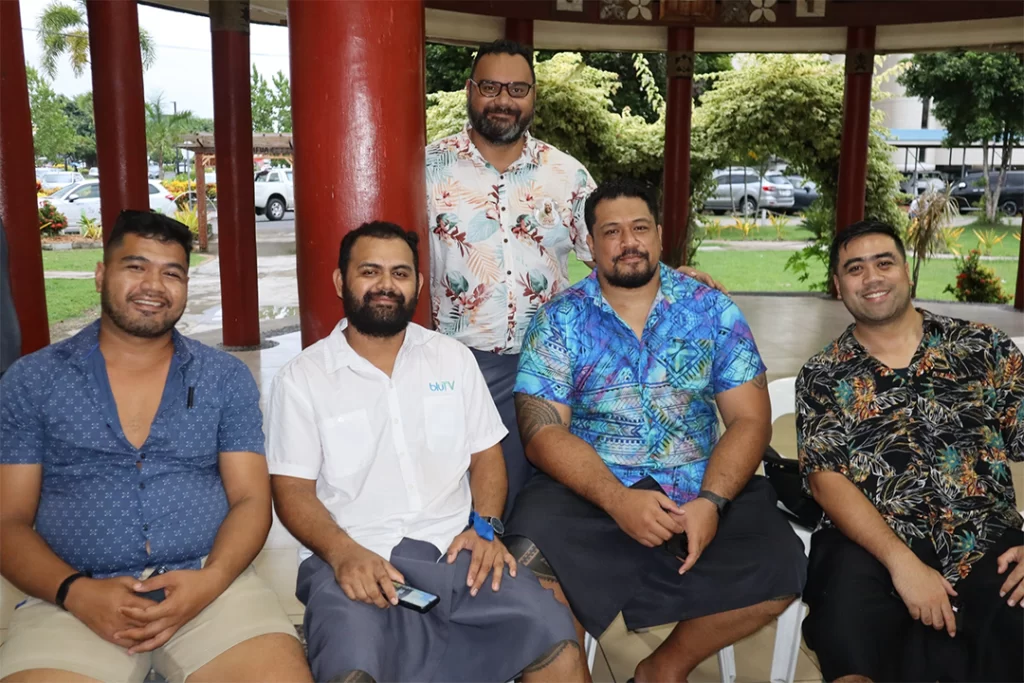
But, she urged that, “Against that background – and with projections that the vast majority of all internet content will be synthetically produced by 2026 – journalists and news organisations will need to rethink their role and purpose with some urgency.”
UNESCO Pacific States Representative, Shamila Nair-Bedouelle delivered the World Press Freedom Day Message.
“Honourable Prime Minister it gives me great pleasure today to be here with you and to deliver the important message from the Director- General (Ms Audrey Azoulay) of UNESCO on the occasion of World Press Freedom day.”
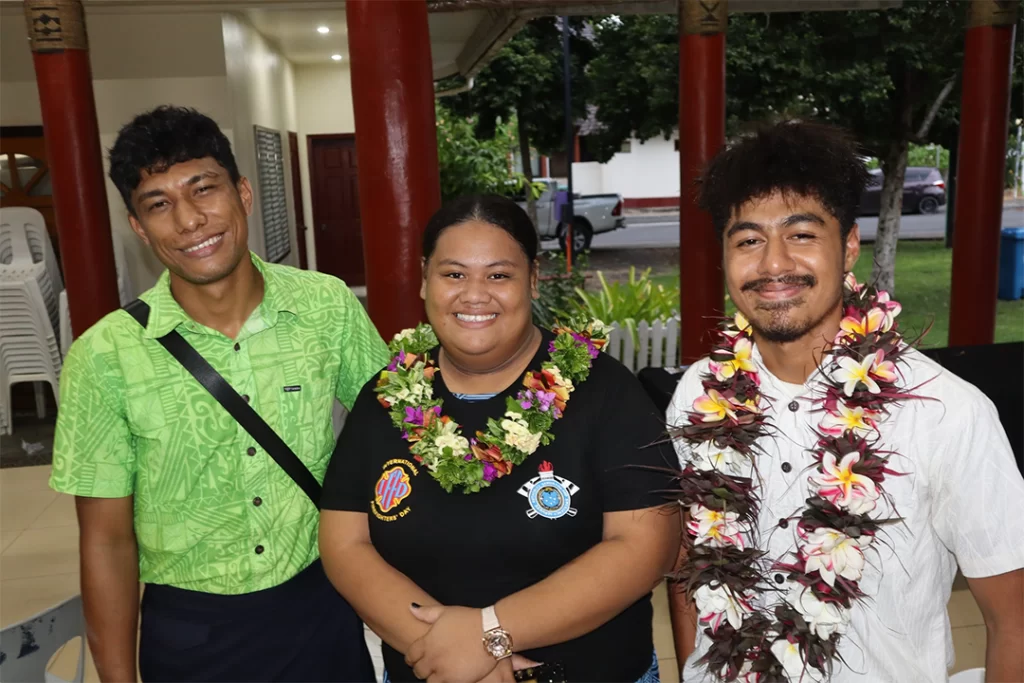
BELOW IS THE MESSAGE FROM AUDREY AZOULAY DIRECTOR-GENERAL OF UNESCO
Message from Ms Audrey Azoulay, Director-General of UNESCO, on the occasion of World Press Freedom Day 3 May 2024
“The planet is on the brink of a climatic precipice: 2023 was the hottest year on record, with an average global surface temperature 1.45°C higher than in the pre-industrial era.
“Other alarming records were also broken for ocean surface temperatures, sea level rise and glacier retreat.
“As humanity faces up to this existential peril, we must remember, on this World Day, that the climate challenge is also a journalistic and informational challenge.
No effective climate action is possible without access to free and reliable scientific information.
That is why this year’s theme highlights the essential link between protecting freedom of expression – a global public good – and preserving our planet.
But this World Day is also a call to action to protect journalism and free, pluralistic information.
A call to make the major social networks more accountable, so that they can step up their moderation and regulation measures to counter disinformation and conspiracy around climate change, in line with the Guidelines for the Governance of Digital Platforms published by UNESCO in November 2023.
A call to equip all citizens with the critical thinking skills needed to confront disinformation.
A call, also, to protect journalists and media professionals, artists and scientists, who are all too often the victims of harassment, violence and censorship.
A UNESCO study published this month shows that 70% of environmental reporters have been the victims of attacks, threats or pressure because of their work, and 44 environmental journalists have been killed in the last 15 years.
Access to reliable information is all the more vital in this “super-election year”, when some 2.6 billion citizens are called to the polls.
How can voters remain masters of their own destiny if their choices are distorted by false information and polarized by hate speech?
In this context, UNESCO remains firmly committed to defending freedom of expression as a fundamental human right and a pillar of democracy.
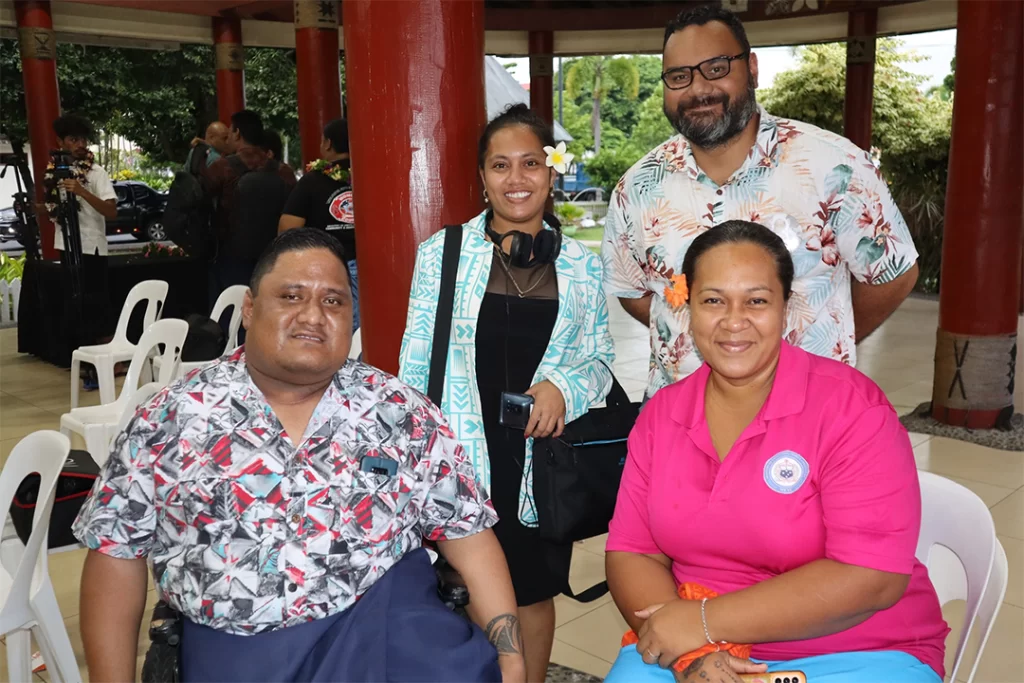
That is why we defend journalists and train them in safety, including in crisis situations such as Ukraine, Afghanistan, Sudan and Haiti.
At the same time, we have trained thousands of judges, prosecutors and law enforcement officers in the issues surrounding freedom of expression, because they are the key players.
Over the next few weeks, we will also be launching initiatives specifically dedicated to the environment, to provide environmental journalists with greater protection and to strengthen media education and information on the major social networks.
On 3 May this year, UNESCO would like to relay a simple message: protecting free and pluralistic information also means protecting our democracies and our planet.
HISTORY
World Press Freedom Day was proclaimed by the United Nations General Assembly in 1993 premised on the Recommendation of UNESCOs General Conference.
It is commemorated annually on 3rd May, and a day where the world assembles to celebrate the fundamental principles of press freedom, take stock of freedom of expression around the world, and pay tribute to journalists who have faced abuse and, in some countries, lost their lives in the exercise of their profession.

Authored by Jasmine Netzler-Iose



